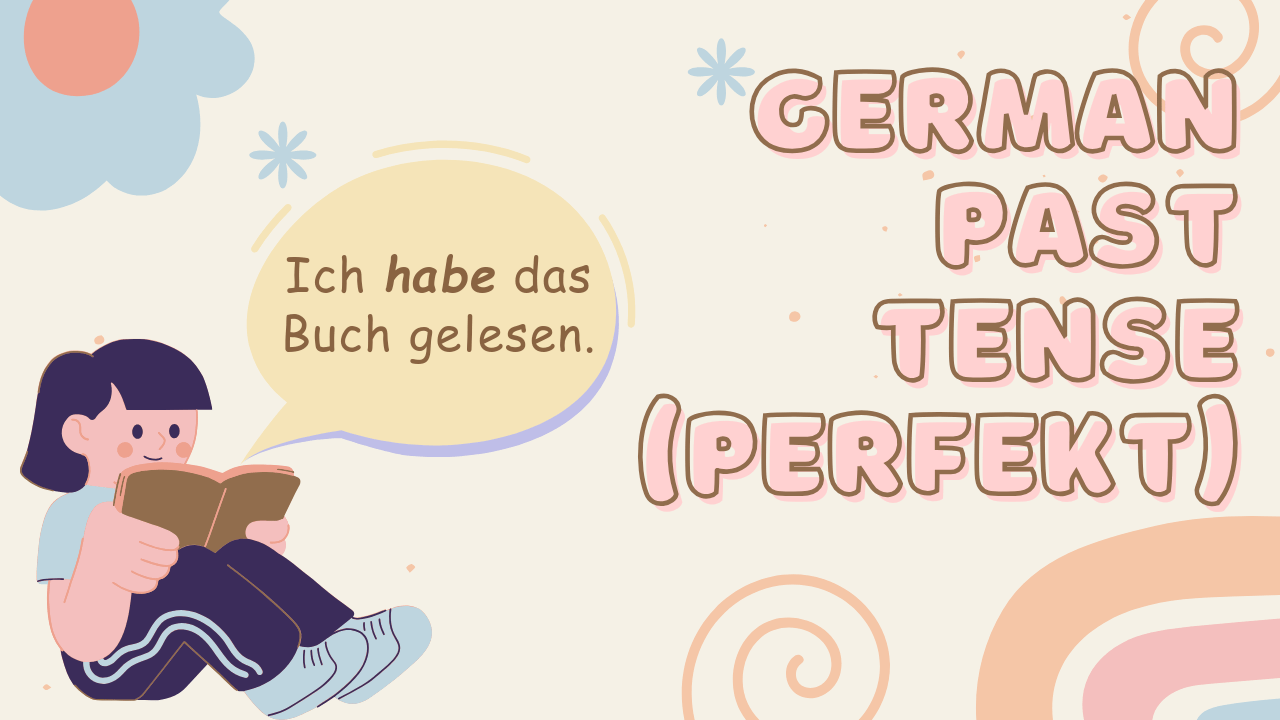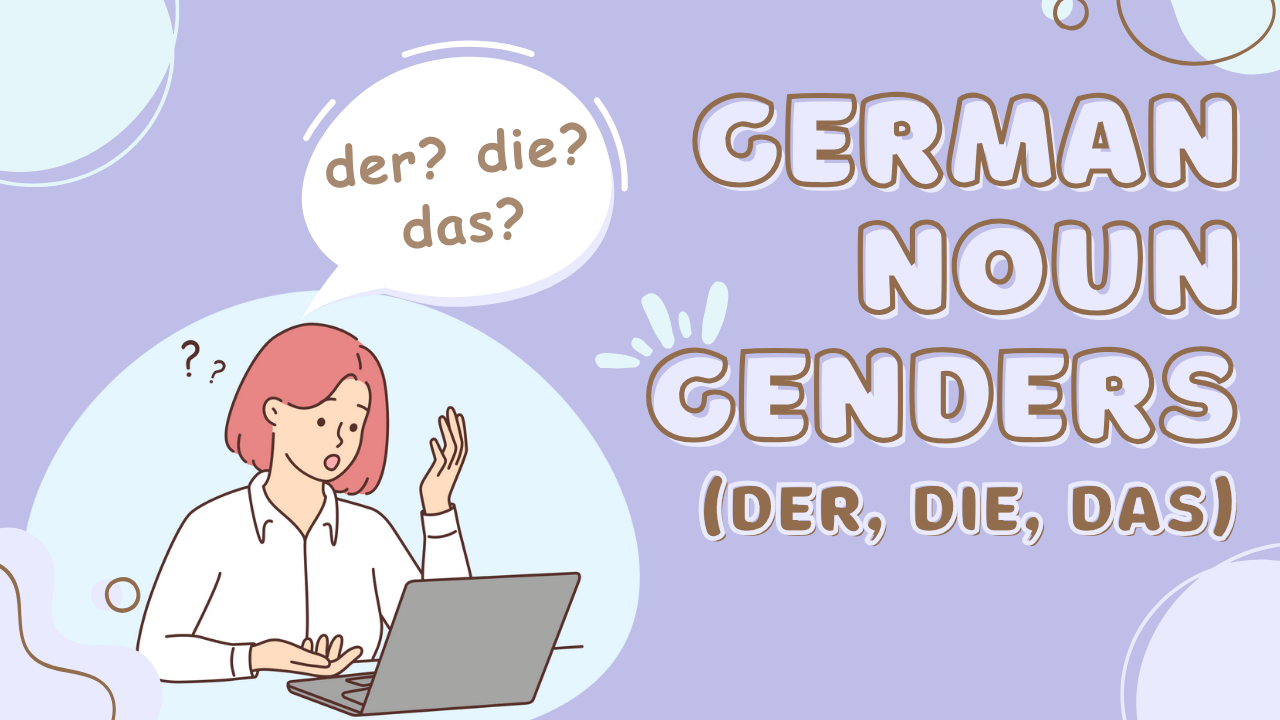Currently Empty: ₱0.00
How to Conjugate German Verbs in Present, Past and Future Tense with Examples
I. Introduction German verb conjugation is a key concept in...
Learn How to Use German Past Perfect Tense with Haben and Sein | With Exercises
I. Introduction A. Overview of German Past Tense (Perfekt) B....
Learn the German Definite Article – Der Die Das with Exercises
I. Introduction A. Understanding Noun Genders in German Three genders...
How to Construct German Sentence in Future Tense
I. Introduction We’ll dive into learning future tense in German...
What is German Reflexive Verbs and How to Use it in a German Sentence?
I. Introduction A. The Reflexive Verbs Reflexive verbs in the...






